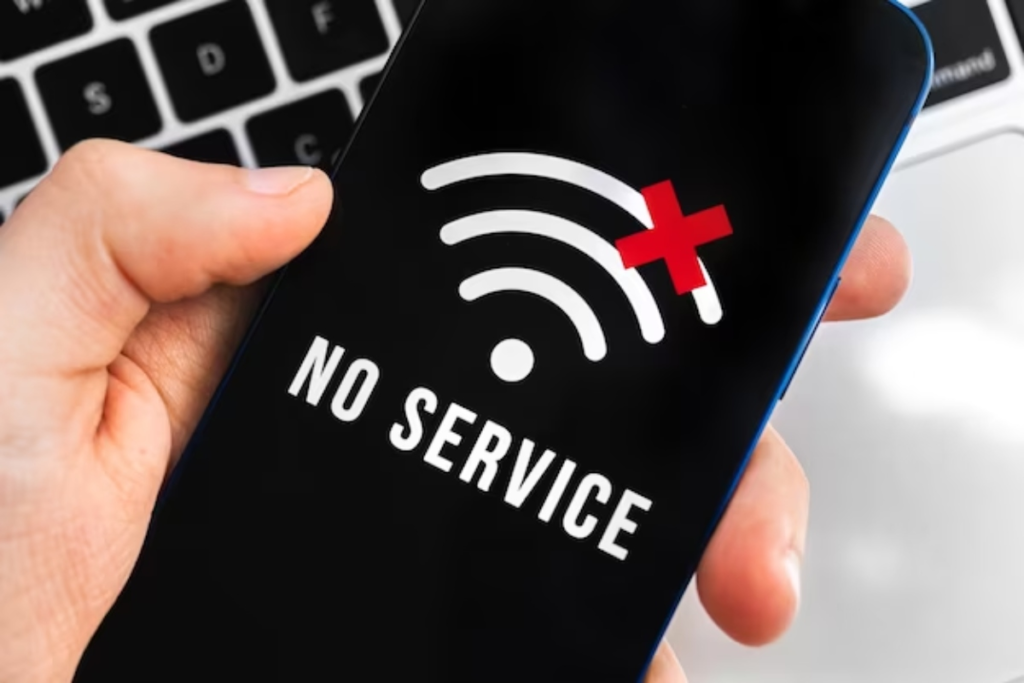
Recent internet slowdown in Pakistan continues to disrupt daily life, education, and businesses nationwide. While slight improvements have been observed in Rawalpindi and Islamabad, cities like Lahore, Karachi, and Multan remain heavily affected. Students struggle to access educational resources, freelancers are unable to meet deadlines, and businesses reliant on online communication face significant challenges.
Social media platforms like Facebook, Instagram, and WhatsApp have been particularly affected, leaving users unable to upload or download files. Some individuals resorted to using Virtual Private Networks (VPNs) to access essential services, but even VPNs have faced outages in many areas. Frustration grows as Pakistan Telecommunication Authority (PTA) has yet to identify or address the root causes of these disruptions, leaving citizens and businesses in limbo.
Multan’s Struggles Amid Internet Chaos
In Multan, internet slowdown has brought business activities to a halt. Freelancers with international clients face communication breakdowns, leading to project delays and financial losses. Many entrepreneurs, unable to operate efficiently, are considering moving their operations abroad to avoid further setbacks.
“I can’t deliver my work or communicate with my clients effectively. It’s devastating,” said a local freelancer. E-commerce sector has also taken a significant hit, with orders unfulfilled and revenues plummeting. Additionally, professionals relying on work-from-home setups report millions of rupees in lost income over two weeks.
The situation in Karachi mirrors that of Multan, with businesses and daily operations disrupted. Entrepreneurs relying on platforms like WhatsApp for client interactions find themselves unable to function. This prolonged disruption has raised concerns about Pakistan’s ability to sustain its growing digital economy.
Also Read: TikTok Bans Beauty Filters To Tackle Mental Health Concerns
Government’s Response and Public Frustration
Minister of State for Information Technology Shaza Fatima attributed part of slowdown to cybersecurity concerns, including blocking social media platform X (formerly Twitter) on Interior Ministry’s orders. However, she downplayed the platform’s impact, stating it serves less than 2% of population.
Citizens, however, remain unconvinced. Many questions the lack of transparency and urge to restore full internet functionality swiftly. For now, businesses and students continue to bear the brunt of disruptions, as Pakistan’s digital infrastructure faces one of its most significant challenges.

[…] Also Read: Slow Internet Speed Disrupts Lives and Businesses Across Pakistan […]